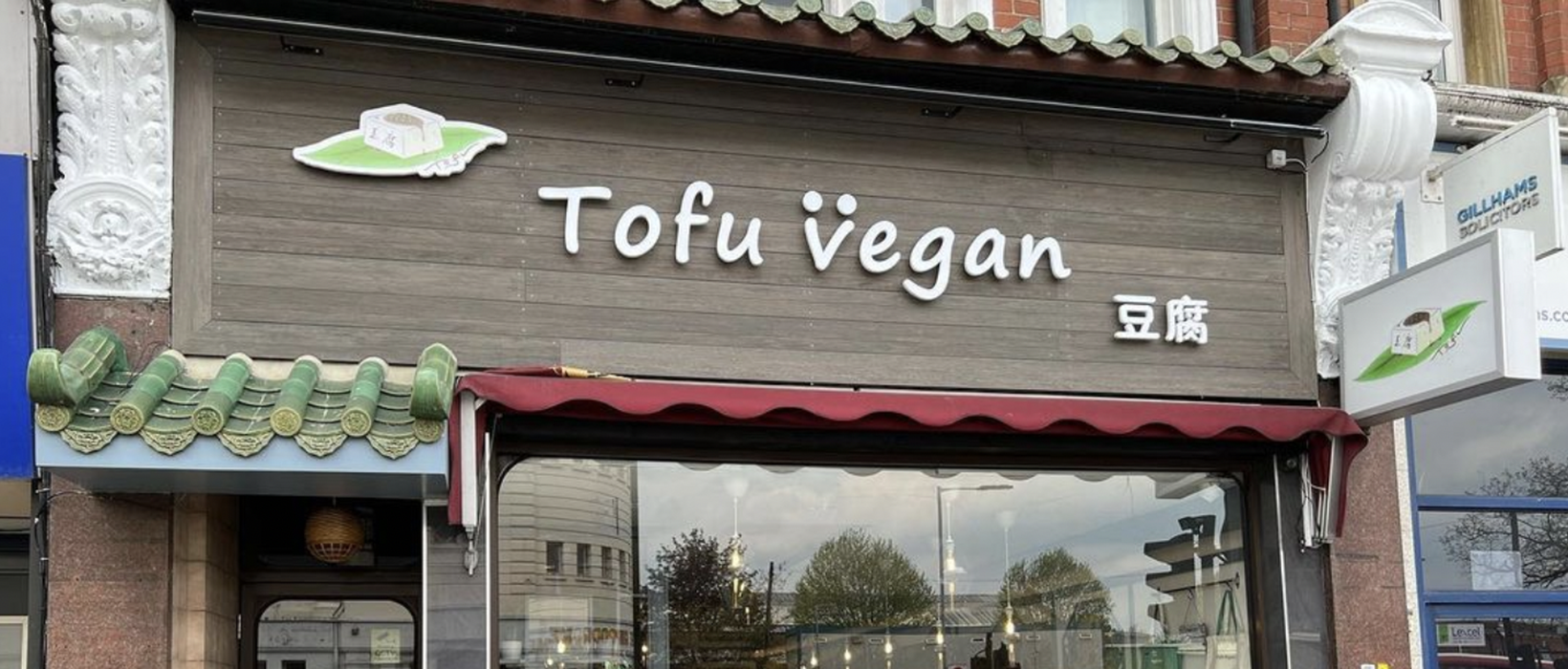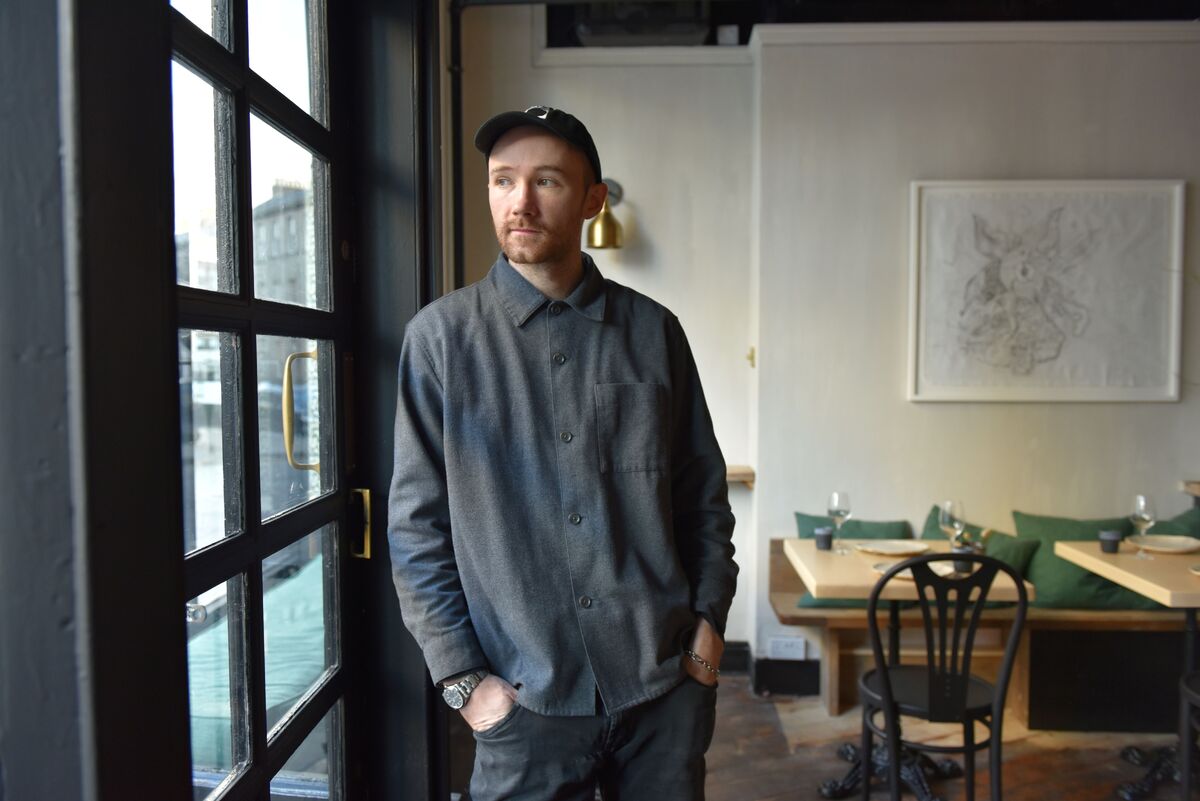Minute on the clock: Chao Zhag, founder, Tofu Vegan
The founder of three Tofu Vegan branches in London talks about versatility in veganism, regional Chinese specialities and his latest opening in Spitalfields
Would you say Chinese cuisine is suited to veganism?
If you look at Chinese history from 2,000 years ago, there was a period when vegetarianism was very popular and we rarely used dairy. For some reason we lost that, but now I would say in the past 20 years people are starting to focus on environmental protection, respect for animals or religious purposes [as reasons to adopt a vegan lifestyle].
People seem to be aware of vegan meat alternatives, but we talk less about vegan fish. Why?
In general, chicken dishes are always more popular than fish, but here at Tofu Vegan, it’s the other way around. We have both ‘fish’ dishes and ‘chicken’ dishes on the menu, but the ‘fish’ is more popular. Twice-cooked ‘fish’ is one of my favourites and it’s what people keep coming back for. The ‘fish’ is made of soya bean which is of tofu origin and dried mushroom with seaweed on the top, to give it a sea flavour.
What other vegan dishes do you have in the pipeline?
A lot of dishes we are going to put on the menu this year will have regional flavours. We are focusing on tofu, mushroom, aubergine and a little bit of mock meat and greens. We’re not going to create new mock meats, but we’re going to create different flavours.
Why is tofu so important to your restaurant?
Tofu has a big history in China, and it’s also easy to cook and easy to make. Tofu can be made in different textures, from silken to firm. There are probably another five or six tofus we can make here in terms of flavour.

How do you stay innovative with a limited number of core ingredients?
We focus on tofu and king oyster mushroom, but in terms of flavour, we have diversity. We aim to bring all regions of food to one menu. We now have food from four different regions: Sichuan, dim sum from Cantonese, and flavours from the north-east and north west, like the wonton in special sauce. We’re planning on bringing in more Hunan and Zhangzhou influences.
Tofu Vegan also has a large following on TikTok. Were you surprised by this social media boom?
We never really focused on inviting people or food critics – if they want to come here, they are welcome. But we like to let the food talk. We don’t know TikTok, but we focus on the food and the service. But thank you for those people who put Tofu Vegan on social media.
What are you excited about in Tofu Vegan’s future?
This society needs diversity for sure, but the potential of vegan food is definitely getting bigger. Take my wife – she was an animal lover who one day saw a documentary on TV and decided to eat vegan food for a day or two. Now, she’s been vegan for 16 years. At Tofu Vegan, we’re building the bridge for the everyday meat eater to [try vegan] once or twice a week. I definitely think we should do that for this society, otherwise if people keep eating meat, there’s going to be horrible disaster in the future. If half the people can be flexitarian that would be a lot better.

















